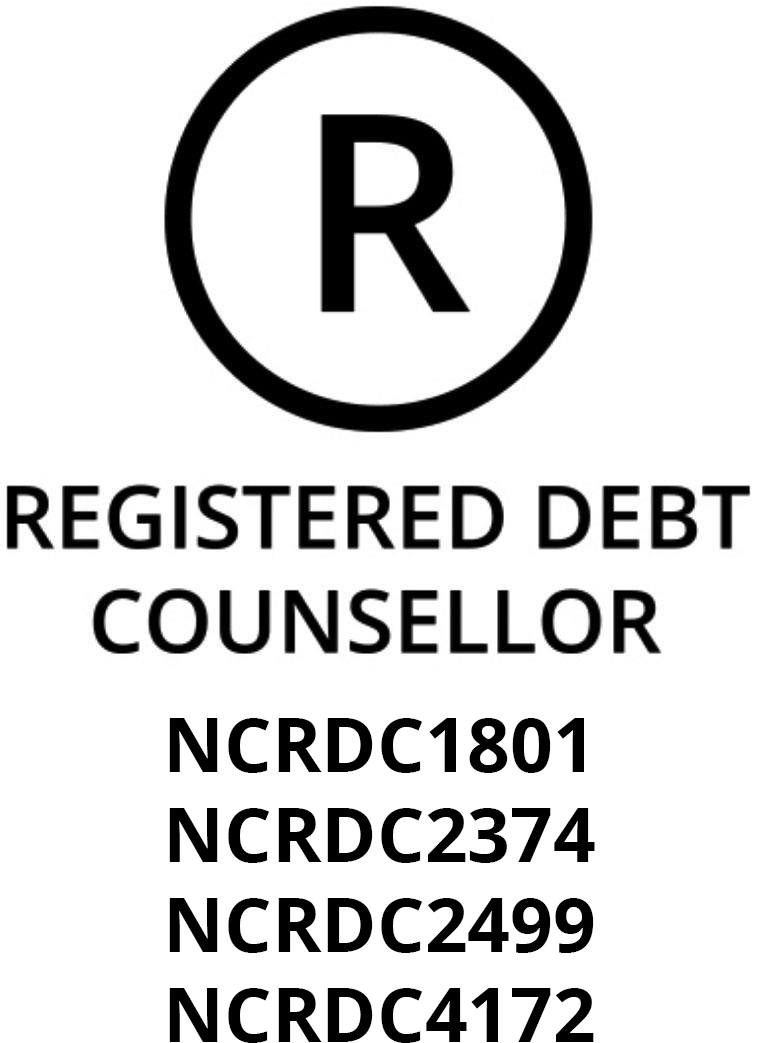Debt can be a heavy burden to carry, but there's a powerful tool that can help you regain control of your financial life: a budget. In this article, we will delve into the intricacies of using a budget to break free from the shackles of debt. We'll guide you through each step of the process, from understanding your financial situation to crafting a realistic budget and ultimately achieving your goal of becoming debt-free.
Understanding the Importance of a Budget
Before we dive into the nitty-gritty of budgeting to eliminate debt, let's first grasp why having a budget is crucial. A budget serves as your financial roadmap, giving you a clear picture of your income, expenses, and financial goals. It's a tool that empowers you to make informed decisions about your money.
Why Debt Can Be Overwhelming
Exploring the Burden of Debt
Debt, especially when it accumulates, can feel like a heavy weight on your shoulders. It limits your financial freedom, causes stress, and can even impact your health. To regain control of your life, it's essential to confront your debts head-on.
Creating a Solid Financial Foundation
Before diving into the steps of budgeting to get out of debt, it's crucial to establish a solid financial foundation. This includes having an emergency fund, understanding your financial habits, and setting realistic financial goals.
Step 1: Assess Your Debt
To start your journey towards a debt-free life, you need to know exactly where you stand. List all your debts, including the amount owed, interest rates, and minimum monthly payments. This assessment will serve as your starting point.
Step 2: Set Clear Financial Goals
With a clear understanding of your debt, it's time to set specific financial goals. Determine how much debt you want to pay off and by when. Having clear objectives will help you stay motivated throughout the process.
Step 3: Establish a Realistic Budget
Creating a budget is where the magic happens. You'll allocate your income towards essential expenses, debt repayment, and savings. It's crucial to ensure your budget is realistic and sustainable for the long term.
Step 4: Prioritise Your Debts
Not all debts are created equal. Some have higher interest rates or emotional weight. Learn how to prioritise your debts strategically, whether by the debt snowball method (paying off small debts first) or the debt avalanche method (tackling high-interest debts first).
Step 5: Cut Unnecessary Expenses
To free up more money for debt repayment, it's essential to cut unnecessary expenses. Identify areas where you can tighten your budget without sacrificing your quality of life.
Need debt counselling or consolidation?
Explore DebtBusters' solutions for reducing your interest rates and unlocking cash.
Find out moreStep 6: Increase Your Income
While reducing expenses is one way to accelerate debt repayment, increasing your income can be equally powerful. Explore side hustles, freelance opportunities, or career advancements to bring in extra cash.
HStep 7: Stick to Your Budget
Sticking to your budget is the key to success. It requires discipline and dedication. Regularly track your spending, adjust your budget as needed, and resist the temptation to overspend.
Tracking Your Progress
As you work toward your debt-free goal, keep a close eye on your progress. Tracking your debt reduction and celebrating milestones along the way will help you stay motivated.
Using a budget to get out of debt is a powerful tool for reclaiming control of your finances. By following these steps and staying committed to your financial goals, you can achieve the freedom and peace of mind that come with a debt-free life.
Frequently Asked Questions
Can anyone create a budget to get out of debt, regardless of their income level?
Yes, budgeting is for everyone, regardless of income. It's about managing your money wisely, no matter how much you earn.
Is it better to pay off high-interest debts first or focus on smaller debts?
The choice between the debt snowball and debt avalanche methods depends on your preferences. High-interest debts cost more in the long run, but paying off smaller debts quickly can provide a psychological boost.
What if unexpected expenses arise while I'm on my debt repayment journey?
Having an emergency fund is crucial for handling unexpected expenses without derailing your debt repayment plan. If you don't have one, consider budgeting for emergencies.
How long does it typically take to become debt-free using a budget?
The time it takes to become debt-free varies widely based on individual circumstances. It depends on factors like the amount of debt, your income, and how aggressively you're able to repay it.
Where can I find additional resources and support for budgeting and debt management?
Many online resources, books, and financial experts offer guidance on budgeting and debt management. At DebtBusters, we have a wealth of resources and information on this on our website.





